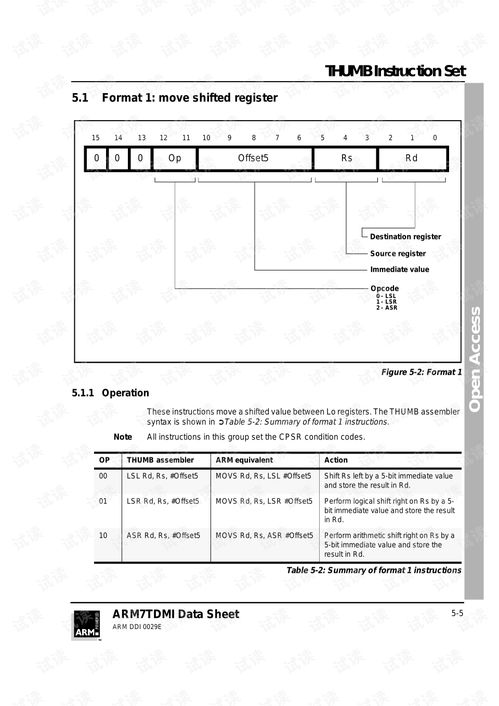Bron Y Ar Instruction: A Comprehensive Guide
Bron Y Ar instruction is a term that has gained significant attention in recent years, especially in the tech industry. It refers to a set of instructions that are used to manipulate and control the behavior of a device or system. Whether you are a tech enthusiast or a professional, understanding bron y ar instruction is crucial. In this article, we will delve into the details of bron y ar instruction, exploring its various aspects and applications.
What is Bron Y Ar Instruction?

Bron Y Ar instruction is a term derived from the combination of “bron” and “ar.” While the exact origins of these terms are not well-documented, it is widely believed that they are abbreviations or acronyms for specific types of instructions. These instructions are designed to perform a wide range of tasks, from simple operations to complex computations.
Understanding the Basics

Before diving into the specifics of bron y ar instruction, it is important to understand the basic concepts. Instructions are a set of commands that a computer or device can execute. They are typically stored in the form of binary code, which is a series of ones and zeros. These instructions are then translated into machine code, which the computer’s processor can understand and execute.
There are several types of instructions, including:
- Arithmetic Instructions: These instructions are used to perform mathematical operations, such as addition, subtraction, multiplication, and division.
- Logical Instructions: These instructions are used to perform logical operations, such as comparisons and boolean operations.
- Data Transfer Instructions: These instructions are used to move data between different parts of the computer, such as between registers and memory.
- Control Instructions: These instructions are used to control the flow of execution, such as branching and looping.
Applications of Bron Y Ar Instruction

Bron Y Ar instruction has a wide range of applications across various industries. Here are some of the key areas where these instructions are used:
| Industry | Application |
|---|---|
| Computer Science | Programming languages, compilers, and operating systems |
| Electronics | Microcontrollers, processors, and embedded systems |
| Automotive | Engine control units, anti-lock braking systems, and advanced driver-assistance systems |
| Healthcare | Medical imaging devices, patient monitoring systems, and diagnostic tools |
How Bron Y Ar Instruction Works
The working principle of bron y ar instruction is based on the execution of machine code. When a program is executed, the processor fetches the instructions from memory and decodes them into machine code. It then executes these instructions, performing the desired operations. The process can be broken down into the following steps:
- Fetch: The processor fetches the next instruction from memory.
- Decode: The processor decodes the instruction into machine code.
- Execute: The processor executes the instruction, performing the desired operation.
- Store: The result of the operation is stored in the appropriate location, such as a register or memory.
Advantages and Disadvantages
Like any technology, bron y ar instruction has its advantages and disadvantages. Here are some of the key points to consider:
Advantages
- Efficiency: Bron Y Ar instruction allows for efficient execution of tasks, as it can perform complex operations in a short amount of time.
- Flexibility: These instructions can be used in a wide range of applications, making them highly versatile.
- Scalability: Bron Y Ar instruction can be scaled up or down to meet the needs of different systems and devices.
